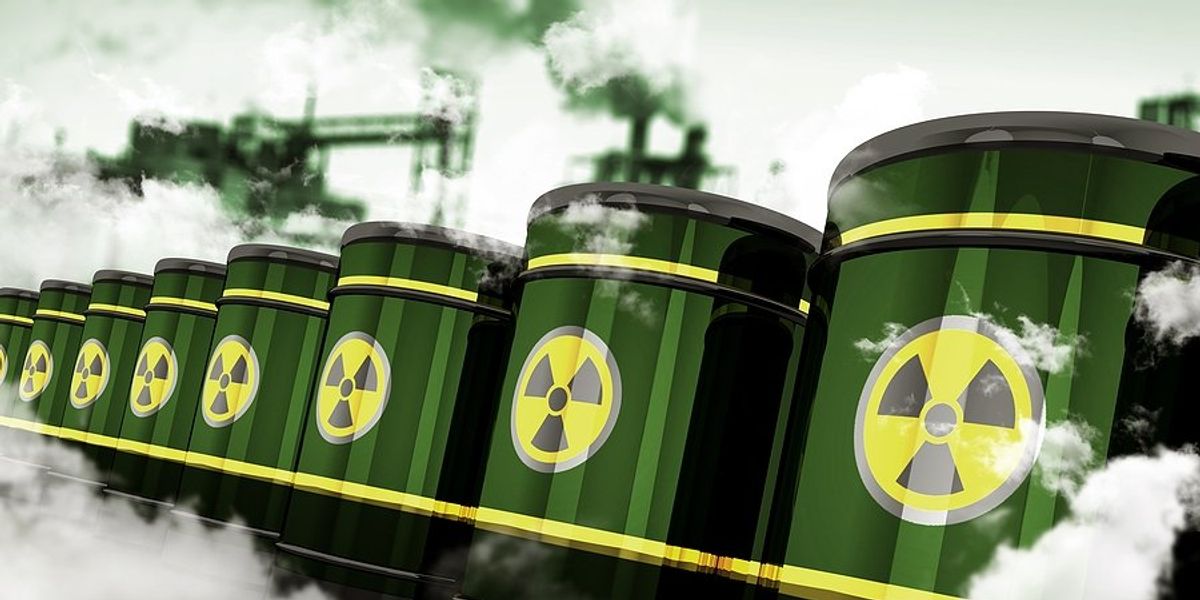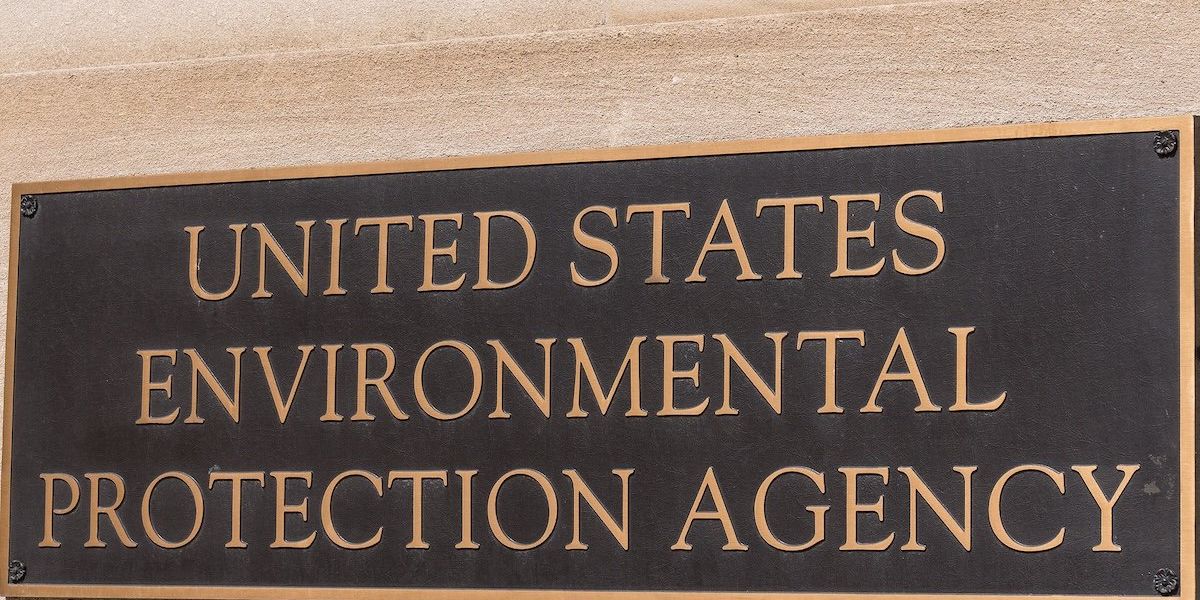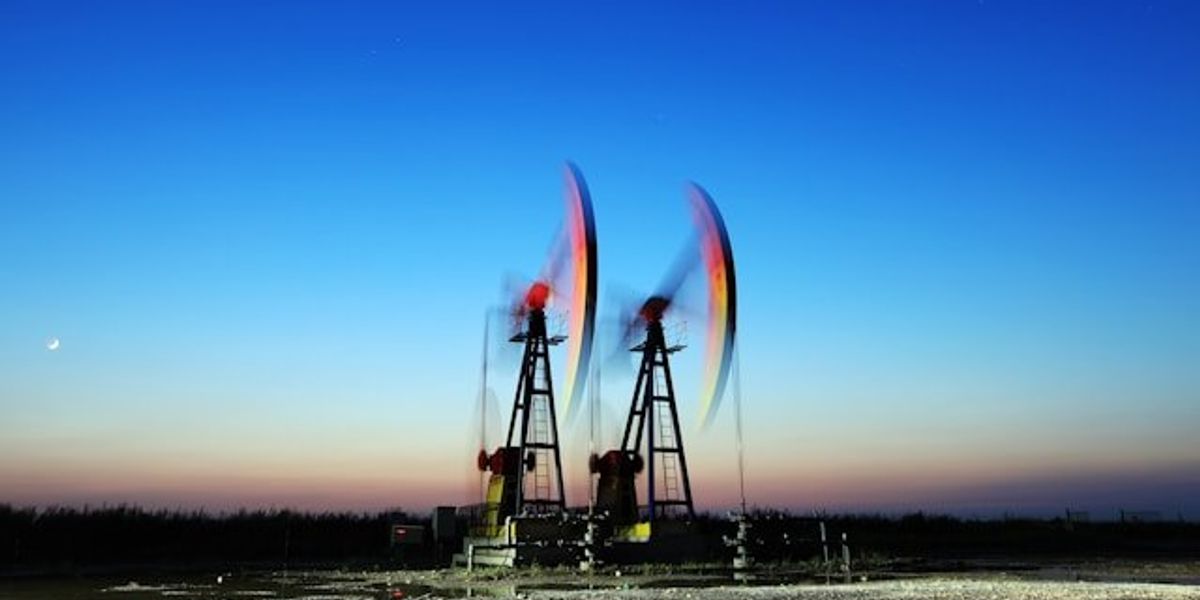natural gas
Low natural gas prices hurt Pennsylvania’s energy sector more than fracking debates
Natural gas prices in southwestern Pennsylvania have plummeted, hurting local businesses and farms, while debates over fracking continue in political campaigns.
In short:
- Natural gas prices in southwestern Pennsylvania have dropped 80% over the past two years, leading to job losses and stalled drilling.
- Farmers like Brian Hrutkay, who rely on gas royalties, face financial difficulties as companies delay infrastructure projects to transport gas.
- The political debate over fracking has overshadowed the pressing issue of how to raise gas prices and boost local economies.
Key quote:
“We don’t have the infrastructure to move enough gas away. It's frustrating to me.”
— Brian Hrutkay, Pennsylvania farmer
Why this matters:
Natural gas prices significantly affect local economies in Pennsylvania. Without improved infrastructure, low prices will continue hurting farmers and energy workers who rely on gas production for income.
Be sure to read: Fractured: Buffered from fracking but still battling pollution
Berkeley aims to tax large buildings for natural gas use after gas ban repeal
Berkeley residents will vote in November on a first-of-its-kind tax targeting natural gas consumption in large buildings to fund the city's transition to electric alternatives.
In short:
- The proposed tax targets buildings more than 15,000 square feet, charging $2.96 per 100 cubic feet of gas used.
- Expected to generate $26.7 million annually, 90% of funds will go to electric retrofits in homes and buildings.
- The measure faces legal scrutiny similar to the gas ban but proponents believe it will hold up in court.
Key quote:
“People look to Berkeley as a bellwether for progressive climate action as well as an incubator of ideas. Someone needs to be putting ideas out there, and we think that has been and can continue to be Berkeley.”
— Daniel Tahara, lead organizer, Fossil Free Berkeley
Why this matters:
Shifting large buildings to electric power is crucial for reducing carbon emissions. Berkeley's tax could set a national precedent for how cities fund and enforce decarbonization policies.
Networked geothermal systems could transform urban energy use
Geothermal energy, a stable and sustainable resource beneath our feet, is gaining attention as U.S. utilities explore its potential to replace natural gas in heating and cooling buildings.
In short:
- Geothermal systems use the Earth's consistent underground temperature to heat and cool buildings efficiently, reducing greenhouse gas emissions associated with natural gas use.
- Eversource Energy has launched the first U.S. networked geothermal neighborhood in Framingham, Massachusetts, signaling a shift in how utilities approach energy distribution.
- Networked geothermal systems are highly efficient, with a coefficient of performance (Cop) of 6, compared to less than 1 for gas furnaces, offering a promising alternative for energy sustainability.
Key quote:
“If you’re in a situation where you’re going to need to upgrade your pipe anyway, or replace it, you maybe think about: do I replace it instead with a pipe that doesn’t require fuel, and it’s naturally replenishing energy from the ground?”
— Holly Braun, business development and innovation manager at NW Natural
Why this matters:
Transitioning to geothermal energy could significantly reduce carbon emissions from buildings, which account for a third of the U.S.'s greenhouse gas emissions. As utilities face regulatory pressures to phase out natural gas, networked geothermal offers a cleaner and potentially safer alternative.
FERC authorizes Mountain Valley Pipeline operations
The Federal Energy Regulatory Commission (FERC) has approved Equitrans Midstream Corp. to commence operations on the Mountain Valley Pipeline, concluding years of regulatory and legal challenges.
In short:
- FERC’s approval confirms the pipeline’s compliance with environmental and safety regulations.
- The pipeline, transporting natural gas from West Virginia to Virginia, has faced significant opposition from environmental groups.
- Legal and regulatory hurdles included a 2023 safety warning and a 2022 debt ceiling deal that facilitated the project’s continuation.
Key quote:
“Mountain Valley has adequately stabilized the areas disturbed by construction and that restoration and stabilization of the construction work area is proceeding satisfactorily.’”
— Terry Turpin, director of the Office of Energy Projects at FERC
Why this matters:
The pipeline is expected to transport up to 2 billion cubic feet of natural gas per day, addressing growing demands in the southeastern United States. However, environmentalists have raised concerns about the potential impacts on ecosystems, water quality, and public health. The pipeline’s route traverses the Appalachian Mountains, a region known for its biodiversity and delicate ecosystems. Critics argue that construction and operation could lead to habitat destruction, soil erosion, and water contamination, particularly affecting rural and indigenous communities.
Hydrogen energy projects set to transform New Mexico
Plans for hydrogen production, transportation, and power generation are emerging across New Mexico, raising environmental and economic concerns.
In short:
- Tallgrass Energy is leading multiple hydrogen-related projects in New Mexico, including converting a coal plant and constructing a hydrogen pipeline across the Navajo Nation.
- The production of hydrogen, especially from natural gas, raises environmental issues due to carbon dioxide emissions and methane leaks.
- Critics argue that the projects may not bring the promised economic benefits to the Navajo Nation and could lead to further environmental degradation.
Key quote:
"How companies choose to produce that hydrogen will fundamentally be a business decision they must make. Our greatest opportunity as a state is producing hydrogen from a range of feedstocks."
— Michael Coleman, director of communications to Gov. Lujan Grisham
Why this matters:
New Mexico’s vast open spaces and abundant sunshine make it an ideal candidate for green hydrogen production, which relies on renewable energy to split water molecules. This method produces no carbon emissions, positioning it as a promising alternative to fossil fuels. However, most hydrogen production currently relies on natural gas, leading to significant carbon emissions and questions about the true environmental benefits.
Read more about hydrogen technology: Rethinking Pennsylvania's hydrogen hub and its public backlash
Effort begins to stop Washington's move away from natural gas
Backers of a new initiative have started gathering signatures to halt Washington's push to phase out natural gas use in buildings.
In short:
- Initiative 2066 aims to repeal parts of a state law promoting electrification over natural gas in new constructions.
- The measure prevents local governments from restricting the use of natural gas in heating and appliances.
- Supporters need over 324,000 signatures by July 5 to place the initiative on the November ballot.
Key quote:
“This initiative preserves the choice of natural gas for consumers.”
— Greg Lane, executive vice president of the Building Industry Association of Washington
Why this matters:
This initiative represents a significant pushback against state efforts to reduce carbon emissions through increased electrification. If passed, it could maintain higher natural gas usage, impacting both environmental goals and energy policies in Washington.
Derrick Z. Jackson argued in 2019 that by keeping Americans focused on the climate benefits of gas vs. coal, the gas industry seeks to delay a broader debate of the deficits of gas vs. renewables.
Natural gas study draws criticism over industry influence
A recent report led by former U.S. Energy Secretary Ernest Moniz and funded by the natural gas industry, has faced backlash for downplaying the climate impact of natural gas.
In short:
- The report was funded by the natural gas industry and is said to favor LNG despite climate concerns.
- A congressional investigation revealed that oil and gas companies have been downplaying the climate impact of natural gas.
- Some scientists argue the climate impact of natural gas is as bad as or worse than coal.
Key quote:
"The facts presented then and subsequent research from RMI and peers have confirmed that leaks of methane, the main ingredient in natural gas, even at small amounts, make it as bad as or worse than coal for the climate and not necessarily the cleaner alternative it was once thought to be."
— Amory Lovins, cofounder and former chief scientist for the Rocky Mountain Institute
Why this matters:
Understanding the industry's influence on reports like this one is crucial to ensure policies are based on objective science. Read more: EPA’s “scientific integrity” program lacks teeth, group alleges.



















